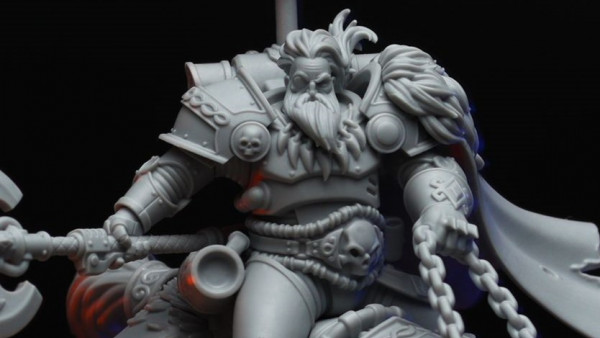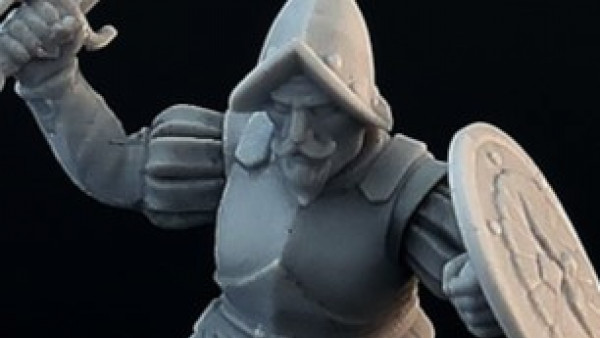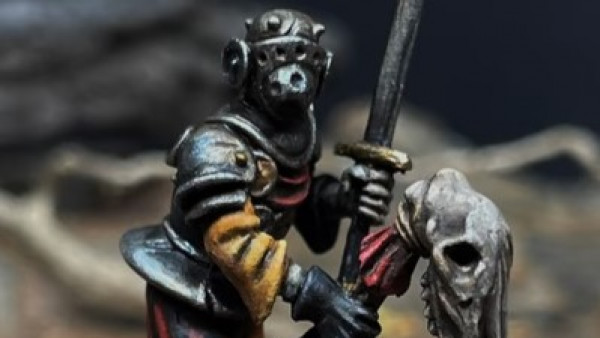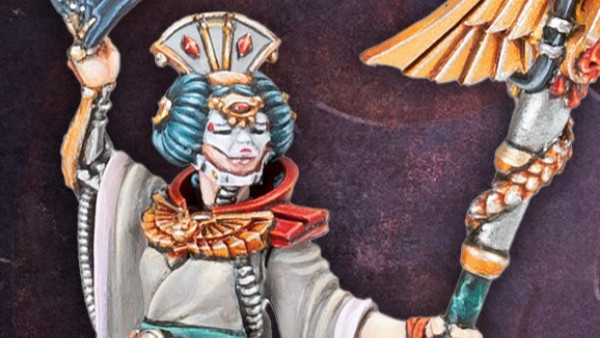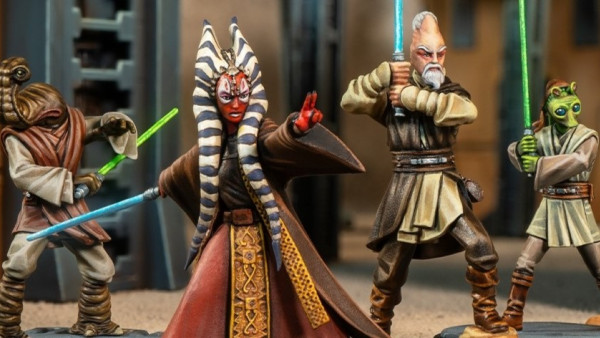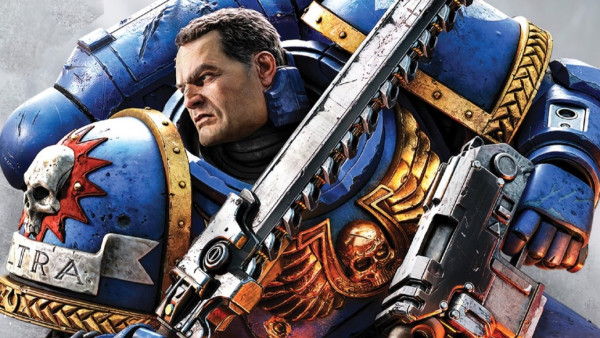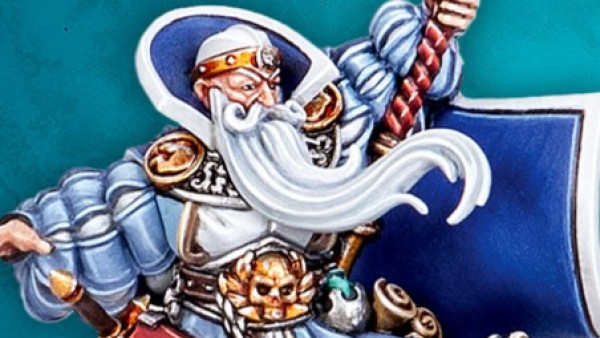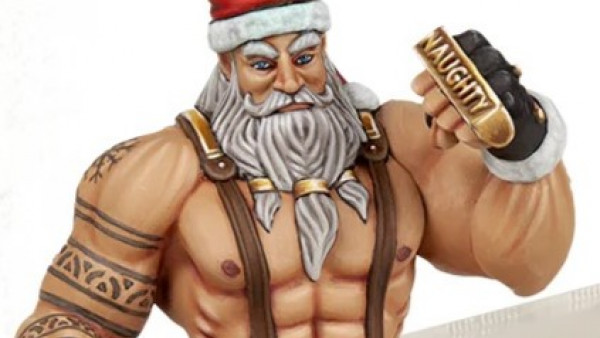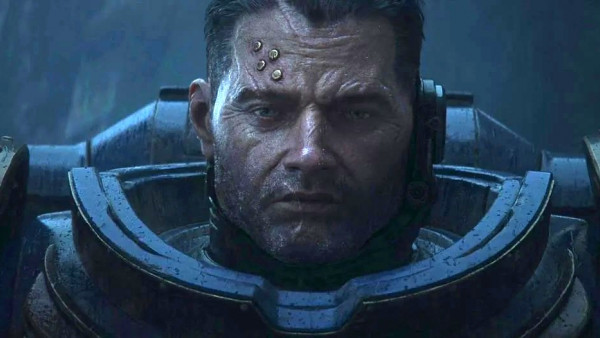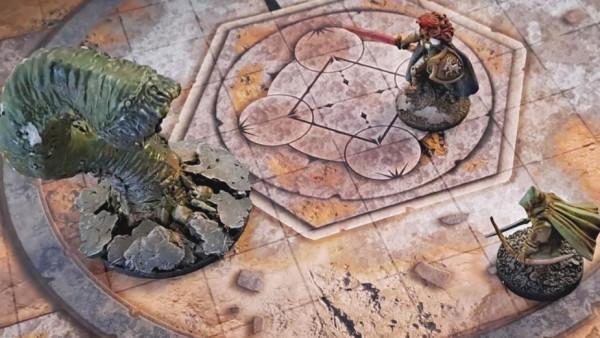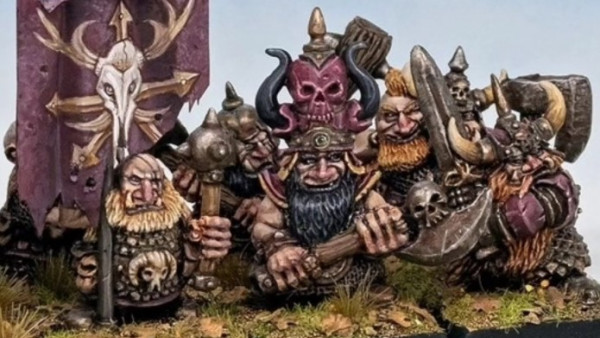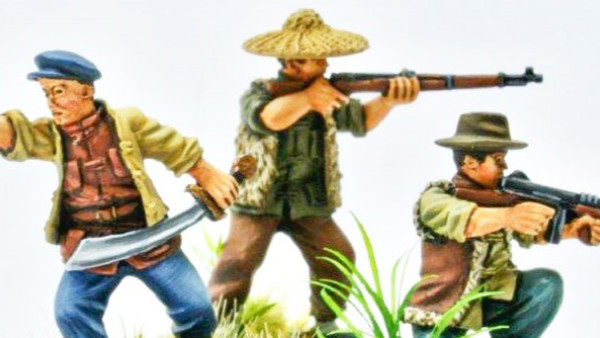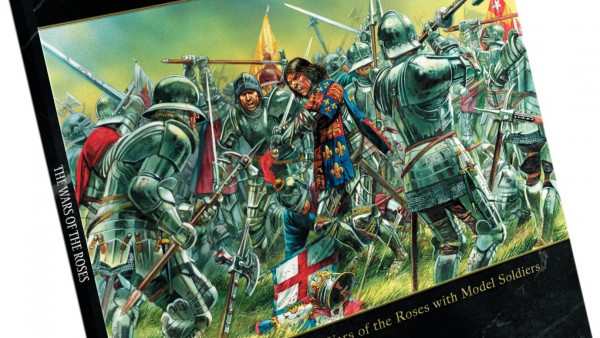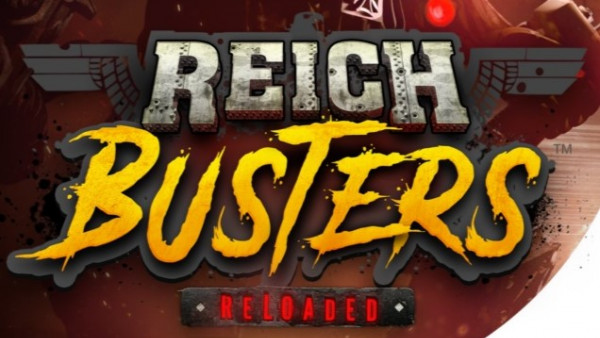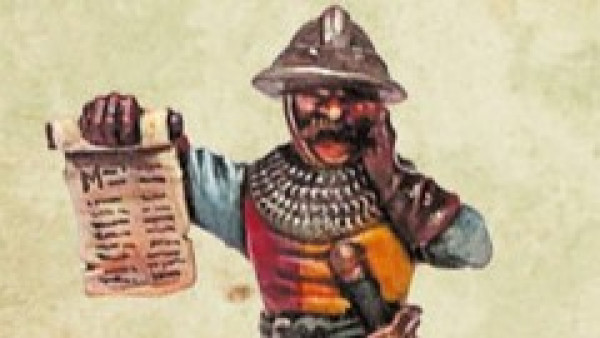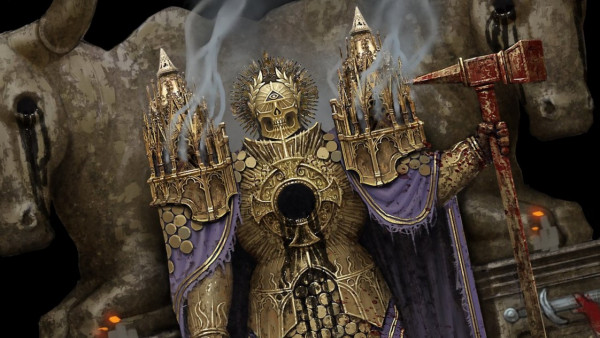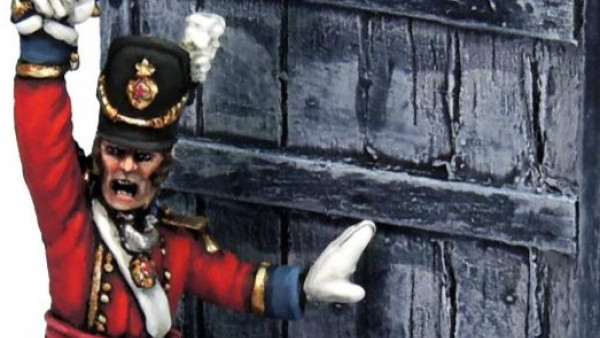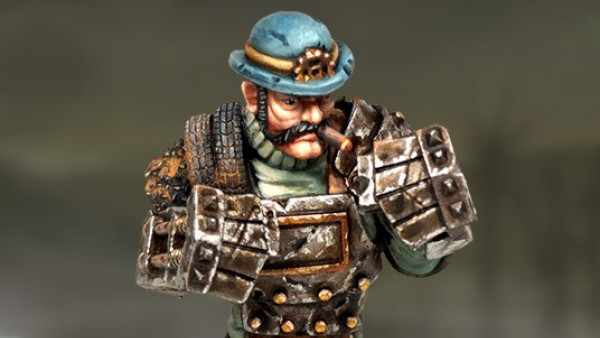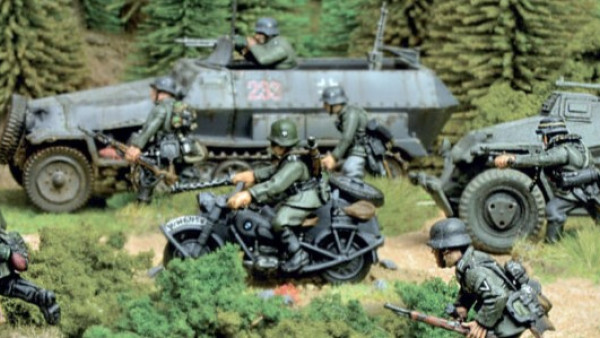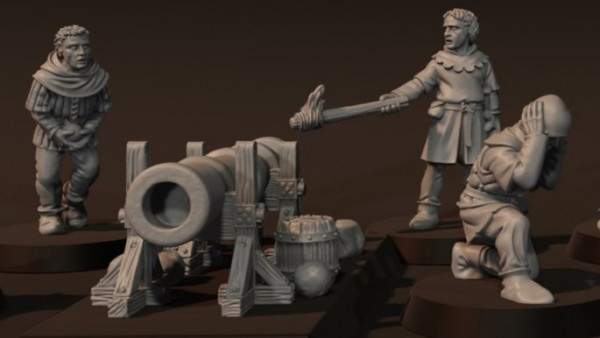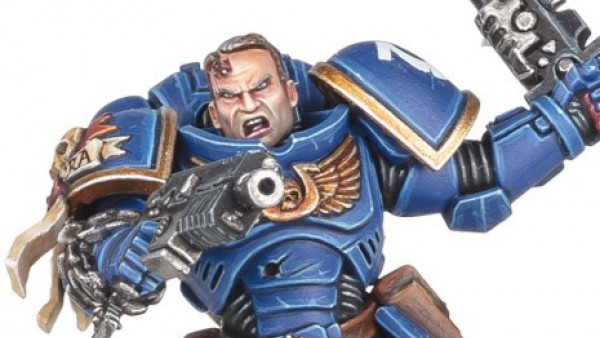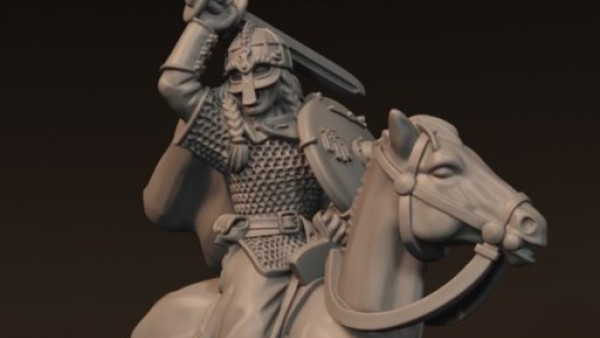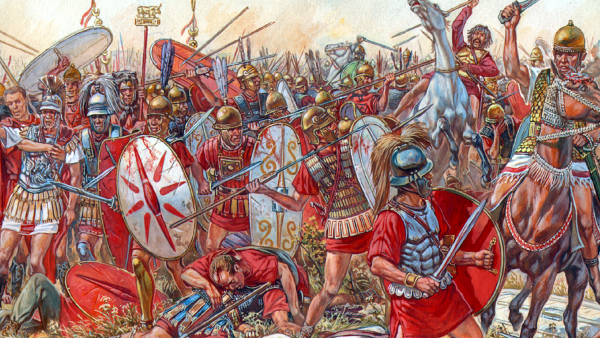Home › Forums › Game Developers Discussions › Game development questions …
This topic contains 8 replies, has 6 voices, and was last updated by ![]() grabnutz 6 years, 6 months ago.
grabnutz 6 years, 6 months ago.
-
AuthorPosts
-
May 26, 2018 at 2:34 am #1187431
Developing a game can be a lot of work, consume a lot of time, and be a big investment of self … would you worry about IP theft in development and how would you protect against that ?
I have had people ask to publish my stuff in the past and when I asked if they planed to include my name they dropped it … but something was said recently that got me thinking … how do you protect your baby through development to print in this day and age ?
May 26, 2018 at 6:49 am #1187597I think that is pretty tough to do, any challenge to IP would require sound legal advice which has additional cost. In addition not all countries have the same laws and so you may still find things copied and released digitally back onto the internet. This is one of the reasons many companies now provide their rules for free digitally.
May 26, 2018 at 7:18 am #1187656Yes is a real balancing act between protecting an idea and just getting on with the development (which will almost always involve the sharing of the idea)
Simple non-disclosure agreements (used wisely) can act as a bit of a deterrent but really unless you are willing to lawyer up everything is a bit of a bluff.
*NDA’s are very rarely signed by our team as while we have strict confidentiality rules in place for information we receive, more often than not some developers have an idea that they think is totally unique – but often its not quite as unique as they may think and is, in fact, being worked on independently elsewhere in the industry. The volume of innovation and creativity that is swirling around the industry is pretty fantastic 🙂
May 26, 2018 at 9:13 am #1187933When I worked in the video games industry, we use to get interviewees demanding we signed NDA’s before we interviewed them in case we stole their idea. This was almost never going to happen, for two reasons.
- Making a game (video or tabletop) requires an enormous amount of effort and financial investment, art, writing, sculpting, production, marketing, QA etc… the list goes on. Good ideas are valuable, but they are not the most expensive part of the production process. As with so many things, it’s 1% inspiration, 99% perspiration.
- If I was lucky enough to be in the position where I had the influence that I could pull together the talent, money, time etc… needed to make any game idea I had come across, I’d almost certainly use that opportunity to create one of my own. Most of the people I know in these industries on the journalistic, fan or developer side, are people who love this stuff and have dozens of cool ideas they would love to get made. Publishers are a bit different, and I’ll come onto that in a moment.
I actually had sort of the opposite fear with my own tabletop game Deneb (website here, project post here) that I’d spent so much time squirrelled away working on it, that when I put it out there people would say “oh you stole that idea from a/b/c”. As it turns out given the level of interest I’ve had so far (great thanks to those who have shown interest!) probably either my idea isn’t worth stealing, or I’m just very bad at marketing 🙂
To protect myself I did do a couple of things.
- For the main art production on the project, I have signed contracts that clearly state the Art is my IP, not the artists when I pay them. Which is fair and equitable. Then I made sure I paid them 🙂
- I’ve tons of evidence both on old BoW forums, my own website, and some of my collaborators’ websites of what in legal terms is known as “prior art”. Which if I ever had to properly lawyer up and defend, is strong evidence that I am the original creator and owner of this IP.
That all being said publishers, can be, the people who smell money and weakness like a shark with blood in the water. Actually, sharks don’t hurt people anywhere near as much as we might think, so that is a bit unfair on sharks! When you are dealing with a business that is showing some interest in selling something you have created, I think then the rules change, and then it’s time to ask for an NDA before sharing too much with them that could actually be used to produce/sell the game.
Not all publishers are evil, I’m very lucky to have been friends since school days with a guy who runs a small publishing company, and he is a wonderful human being. But not everyone is so lucky.
The key thing is, don’t be afraid to share with the community, even with an idea with as little traction as mine, I’ve had tons of great feedback, both as positive encouragement and constructive criticism. Partly because of how good the community here is, and I can’t think of a better place to air your ideas in front of a knowledgeable, critical, honest, and supportive group of people.
May 30, 2018 at 3:55 am #1193455All good points and solid food for thought … what about using multiple forums to kick ideas around to build a history of concept development ?
May 30, 2018 at 4:28 pm #1193875protecting IP and protecting credit is important, but also difficult sometimes unfortunately …
I know I’ve had mini designs possibly stolen from me (and possibly worse), but it’s hard to prove it for the reasons already discussed 🙁 the best thing I can suggest is if you have a playtest group, or a design team your working with, write up some mutual NDA’s that protect both sides, and allow both to openly discuss ideas they have 🙂 so if there is some crossover of ideas, it allows both sides to immediately open up and show what they have been developing, and at least saves the possibility of being paranoid that another company has stolen the ideas 🙂 because you know you are both under NDA to each other 🙂 it’s better to trust each other fully, rather than have the possibility of little paranoia seeds being planted in the future 🙂
on the subject of credit, if you’ve designed something, make sure you get credit for it, if it’s co created, get a co creator credit 🙂 it’s something I should have learned over the last 10 years, but it’s a difficult lesson to learn sometimes … I’ve worked on games where I’ve sculpted 70% of the range and only received credit as part of “X random sculpting team”, but somebody else made 1 mini and got full named credit 😛 lol … it just is what it is sometimes …
May 30, 2018 at 4:28 pm #1193876sorry, double posted 😛
June 2, 2018 at 12:42 am #1197239@boaz Any evidence you have that shows you were responsible for the project over time, is a good thing if you actually have to defend it legally. However, for it to be useful in that situation, that does already mean you are paying for a lawyer and planning on taking at least basic legal action. That is not at all cheap, so it’s only going to be useful if when push comes to shove, you are willing to spend. Of course, if you don’t do it and decide later you are willing (or able) to spend for the lawyer, you might regret not having built up that evidence in one form or another. I’d also say if you’re really serious, don’t take my word for it (random guy on the internet that I am 🙂 ) , take legal advice from someone who understands the field, but again, it all costs money!
June 3, 2018 at 8:57 am #1199655As a small independent producer this has been a matter of discussion for some time.
Generally we only trust people we know well to view, playtest and review work-in-progress. Fortunately we have a small but honest community we work with.
The completed games themselves have not proven too difficult to protect, a monthly Google usually finds where our PDFs are being hawked for free. Then a swift letter to the site owner usually gets them pulled down.
It is the core mechanics that are almost impossible to protect. We have seen a few games out there lift often quite large sections of our rules, change a few words here and there, then carry on as if it were their own. When challenged they have either ignored us or come back challenging our ownership – essentially saying “sue us then” knowing that we don’t have the wherewithal.
One thing that is worth doing is to become a member of The Society of Authors. For about ninety quid a year you get good, solid legal advice (in the UK), and articles covering many of these topics. -
AuthorPosts
You must be logged in to reply to this topic.































![How To Paint Moonstone’s Nanny | Goblin King Games [7 Days Early Access]](https://images.beastsofwar.com/2024/12/3CU-Gobin-King-Games-Moonstone-Shades-Nanny-coverimage-225-127.jpg)










